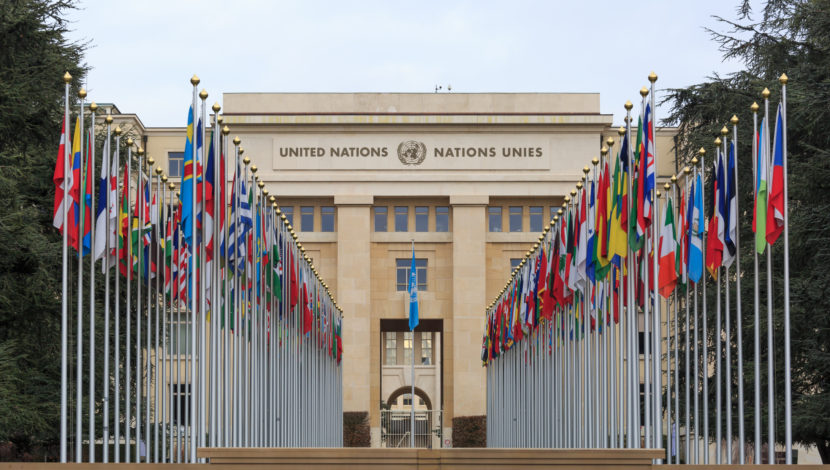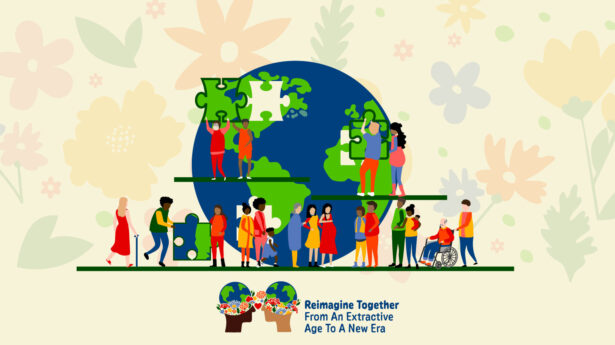The Unitarian Universalist Service Committee advances human rights through grassroots collaborations.

By Rachel Gore Freed on March 28, 2022
A core tenet of UUSC’s work is ensuring that grassroots organizations are lifted up in the discussions that impact the communities they serve. But what if access to those discussions are blocked by nations and institutions that perpetuate oppression?
Civil society organizations (CSOs), or those grassroots groups that represent our civic values distinct from government and business, play an indispensable role in the United Nations (UN). They invite those who experience human rights violations to give firsthand accounts, to be heard directly in the documentation of abuses, and offer specific recommendations for improvement. The voices of the people in the UN ensure member states are accountable to the mandates the UN establishes for member nations.
UUSC partners throughout the world have consistently used the high-level sessions of the United Nations Human Rights Council (HRC) over the years to both communicate about the urgency of human rights abuses, and advocate for resources and solidarity actions to effect change on the ground.
But far too often, human rights organizations are being denied entry to UN debates.
Currently there are 41 organizations that have faced more than four years of deferrals to join the Committee on NGOs, which makes decisions on who is granted consultative status with the Economic and Social Council (ECOSOC) to participate in proceedings led by the UN Human Rights Council. Two human rights organizations have been deferred for more than 10 years. Some NGOs have also been accused by Committee members of having terrorist sympathies: baseless accusations against which the NGOs have been denied appeal.
You see, if you’re a UN member state trying to block NGOs from speaking truth to power about what’s going on in your country, membership on the Committee on NGOs is a great way to do it. On the committee, member states can decide which organizations are allowed to speak in the UN.
According to an assessment by CIVICUS, a global alliance of civil society organizations and activists, 60% are countries considered to have “closed” or “repressed” spaces for CSOs. This matters to all of us at UUSC as our partners have faced increasing restrictions on their work and, as individual human rights defenders, have faced reprisals and intimidation.
In April, there’s a chance to change how this has hampered the work of human rights activists across the globe.
Elections to the Committee on NGOs will be held in April 2022. The 54 members of ECOSOC vote to fill the 19 seats on the Committee on NGOs across all regional groups. Earlier this year, UUSC joined 349 national, regional and international NGOs calling for countries with positive records on promoting civil society to be chosen during the upcoming elections.
For more information on this campaign, led by the International Service for Human Rights, follow the hashtag #OpenTheDoors2NGOs on Twitter.
Campaigns like this are vital to ensuring that the communities facing oppression are not silenced in the discussions that impact their lives. UUSC’s work at the United Nations is just another example of how the institution goes “beyond the grant dollar” to fully support our partners, from the grassroots to the top of the skies.
Photo Credit: iStock—SanderStock

